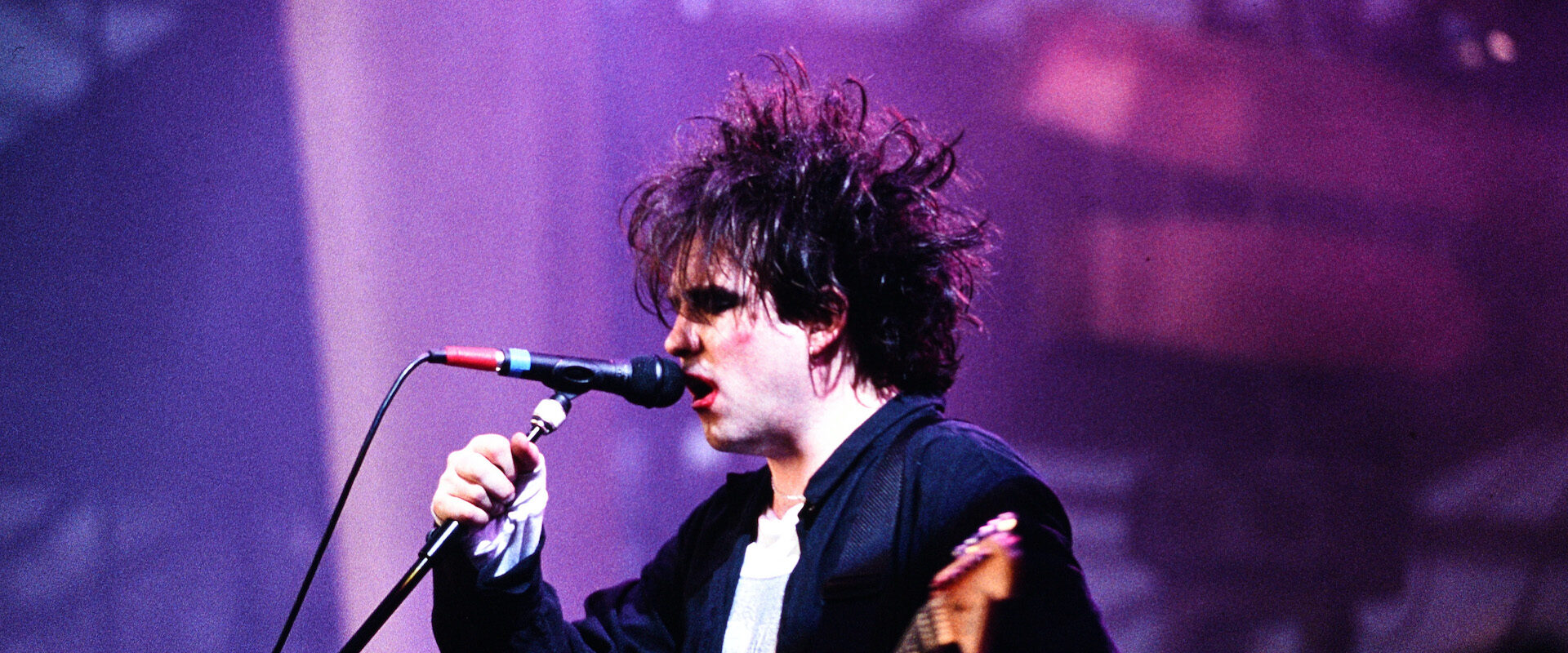Which version of Robert Smith and The Cure do you prefer? Do you like it when they show off their pop chops and sound positively breezy? Or do you groove to their darker, goth-influenced side? Perhaps you lean to The Cure as tortured balladeers, with songs where Smith’s heart is laid bare for the world’s perusal. If that’s your bag, we present to you “A Letter To Elise”, a colossal offering from that cross-section of this wonderful band’s catalog.
In Your “Letter”
The title of The Cure’s 1989 album pretty much told you everything you needed to know about the tenor of the music within it. Disintegration features Robert Smith at his gloomiest and most lovelorn. Even a track titled “Lovesong” came off as ominous. Yet the band brought it off in such a convincing fashion that fans were willing to wallow with them.
Disintegration delivered the band their biggest audiences to date. They sought to capitalize on that with the follow-up. Wish, released in 1992, found The Cure widening its sonic scope a bit. Most notably, they allowed for a little more light to enter the picture, especially on the hit single “Friday I’m In Love”.
But Smith and company still found room for deep sorrow here and there. On “A Letter To Elise”, Smith found inspiration in letters sent by the famous author Franz Kafka to his one-time fiancée Felice Bauer, as collected in the book Letters To Felice. He transcends that influence, however, once he dives into the song.
Using the epistolary form allows Smith to be a little bit freer in terms of the song structure. He expresses some thoughts over several lyrical lines. As listeners, we feel like we’re privy to something very personal. You feel like the narrator has thought this out, collected his emotions, and poured them onto the page.
Exploring the Lyrics of “A Letter To Elise”
“A Letter To Elise” comes from the perspective of someone who has given a relationship his very best shot. And although he still clearly loves Elise, he also knows that they likely don’t have a future together. As such, you can argue that he writes the letter to convince himself as much as he’s trying to convince her.
“Elise, it doesn’t matter what you say,” Smith begins over the band’s trademark ringing guitar sound. “I just can’t stay here every yesterday.” In other words, living in the past no longer works for him. And he knows no matter how long they’re together, she’ll remain impenetrable. “I know I’ll never really get inside of you,” Smith shrugs.
The side of her that he can’t locate worries him, the “Something else that hides away.” He remembers the times when he pretended that they were meant for each other. “And the face I saw looked back the way I wanted to,” he says. Regret for his decision creeps up as he’s making it. “I thought this time I’d keep all of my promises,” he admits.
Smith goes back to the first verse towards the end of the song before sighing his way through the final moments with some fresh reflections. He compares their relationship to sand slipping through his fingers. And then he sadly admits that it’s over for good. “There’s nothing else I can really do,” he repeats.
With “A Letter To Elise”, Robert Smith leaves no doubt that the relationship being described has run its course. But the depth of the emotion and sorrow he displays throughout also makes it clear just what’s been lost.
Photo by Paul Harris/Getty Images
